March 26, 2022, was hailed as the luckiest day of the year in Japan—a day perfect for starting a business, investing, getting married, or taking other life-changing steps. What made it so extraordinary? It was the rare convergence of three auspicious days:
- 一粒万倍日 (Ichi-ryuu-man-bai-bi): The day when one grain multiplies into ten thousand.
- 天赦日 (Ten-sha-nichi): The day when Kami forgive all sins.
- 寅の日 (Tora-no-hi): Tiger Day, a symbol of financial prosperity and safe journeys.
Let’s explore each of these days and why they hold such significance in Japanese culture.
The Meaning of 一粒万倍日 (Ichi-ryuu-man-bai-bi)
Why Is It Called “The Day One Grain Multiplies into Ten Thousand”?
Content:

The name 一粒万倍日, meaning “one grain of chaff becomes ten thousand grains of rice,” symbolizes exponential growth and prosperity. It’s considered an ideal day to start anything you want to grow—whether it’s a new business, a marriage, or an investment.
How Often Does It Happen?
This auspicious day occurs roughly 60 times a year, based on a cycle of the 24 solar terms and the 12 zodiac signs in the oriental calendar. That’s about five days each month, giving plenty of opportunities to align life-changing actions with good fortune.
What Should You Do on 一粒万倍日?
On this day, anything that involves growth or returns is recommended:
- Starting a business, opening a store, or registering a company.
- Purchasing a wallet or opening a bank account to attract financial fortune.
- Investing in something meaningful, from education to the stock market.
- Planning milestones like weddings or moving into a new home.
- Even something as simple as donating to charity or purchasing lottery tickets is believed to bring multiplied returns.
天赦日 (Ten-sha-nichi): The Ultimate Day of Forgiveness
The Origin of 天赦日
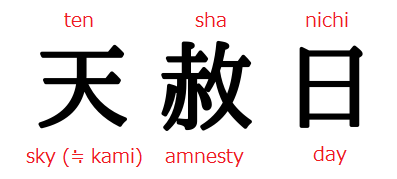
天赦日 is regarded as the most auspicious day in the Japanese calendar. It is said to be the day when Kami (deities) forgive all sins, making it the perfect day to start anew.
Why Is It So Rare?
This day occurs only 5–6 times a year, based on the interplay between the four seasons and the sexagenary cycle. Its rarity makes it even more special compared to 一粒万倍日, which happens 60 times a year.
How to Use 天赦日 Wisely
天赦日 is a great day for:
- Starting fresh with a new business or career.
- Rekindling projects you’ve abandoned or goals you’ve struggled to achieve.
- Purchasing high-value items like wallets, with a belief that money will flow in return.
- Pro tip: When starting a new wallet, place an amount of money in it as a symbolic gesture to attract wealth.
寅の日 (Tora-no-hi): The Day of the Tiger
Why Is It Called Tiger Day?
In the oriental zodiac, the tiger is known for its strength and ability to traverse long distances and return safely. 寅の日, occurring every 12 days, is considered ideal for travel, new ventures, and financial luck.
What to Do on 寅の日
On Tiger Day, people often:
- Buy new wallets or start using wallets to attract financial success.
- Make significant purchases like cars or homes, as it’s believed money spent will return in prosperity.
- Open a new bank account or business.
- Embark on journeys with the assurance of a safe return.
How Do Japanese People Celebrate These Days?
While not everyone in Japan strictly follows these lucky days, many people take them seriously for special occasions like weddings, investments, or even buying a wallet.
Here are real-life examples:
- A friend’s wife bought a new wallet on 一粒万倍日.
- A private investor visited Jinja to pray for financial success.
- I went to Jinja myself, praying for success in business and investments.
Lucky days like these align with 六曜 (Roku-you), Japan’s old calendar system, and are especially popular among those who value financial fortune.
Tokyo’s Spot for Financial Blessings
On March 26, 2022, the best lucky day of the year, Koami Jinja in Tokyo was packed with visitors. Known for its blessings in financial fortune and protection from misfortune, it took me two hours to make my offering and pray.
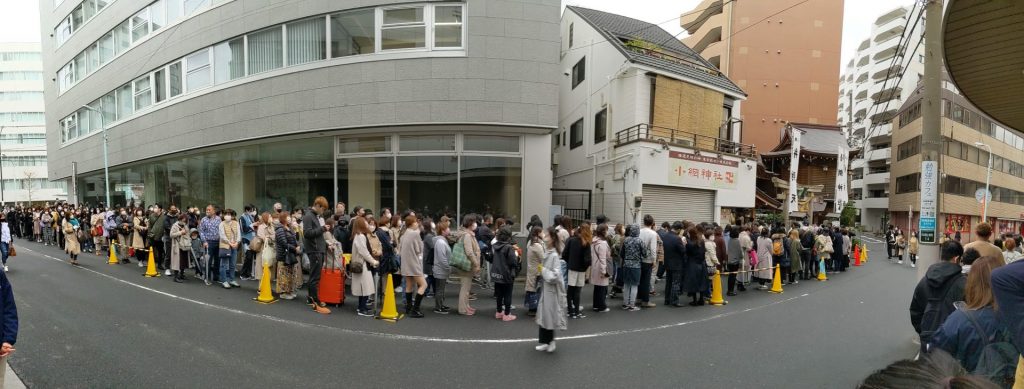
The Jinja even offers English omikuji (fortune slips), making it a welcoming spot for international visitors. If you’re in Tokyo and looking to boost your financial luck, why not visit Koami Jinja on an auspicious day?

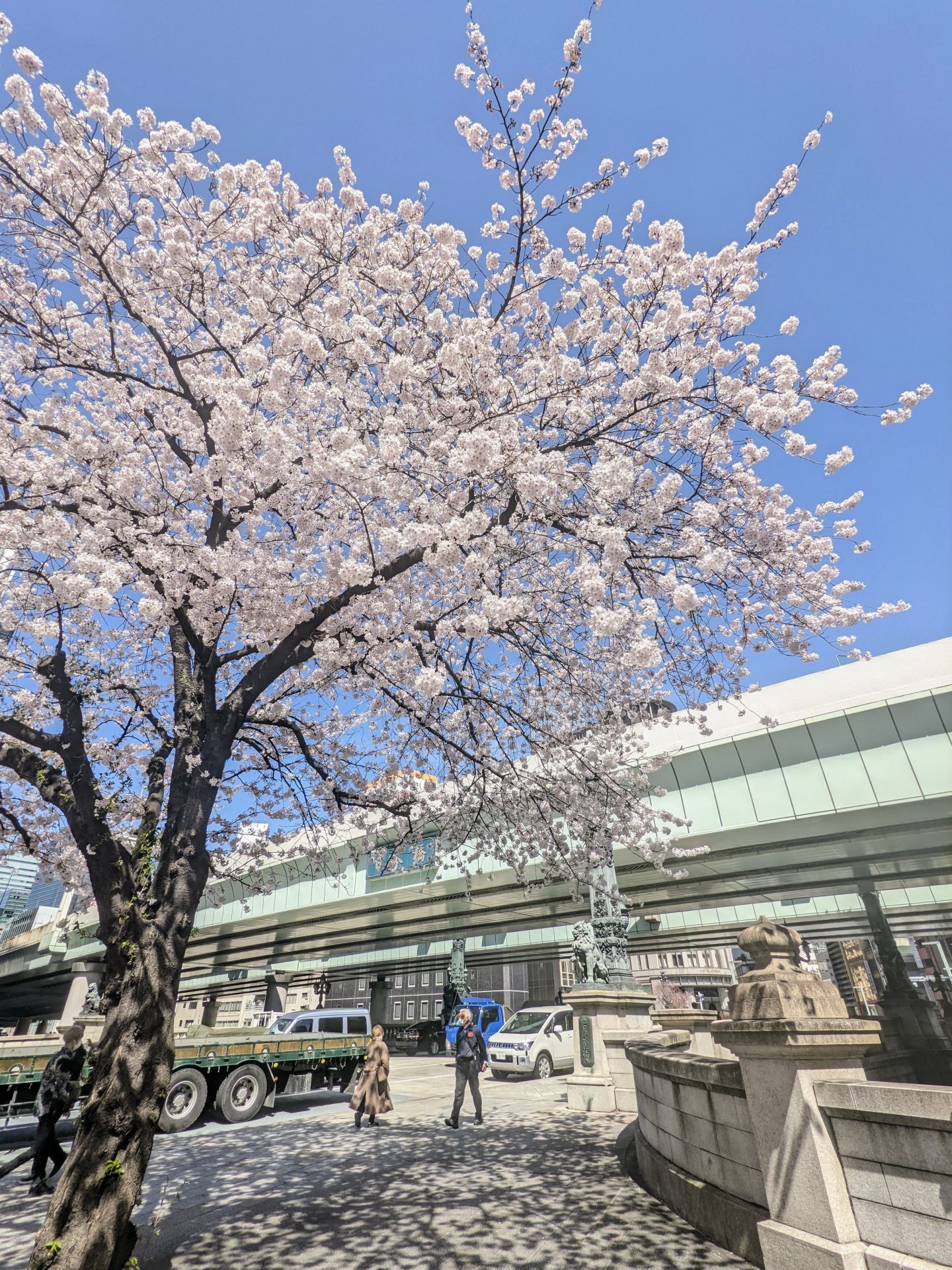
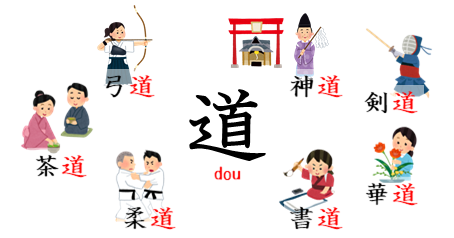
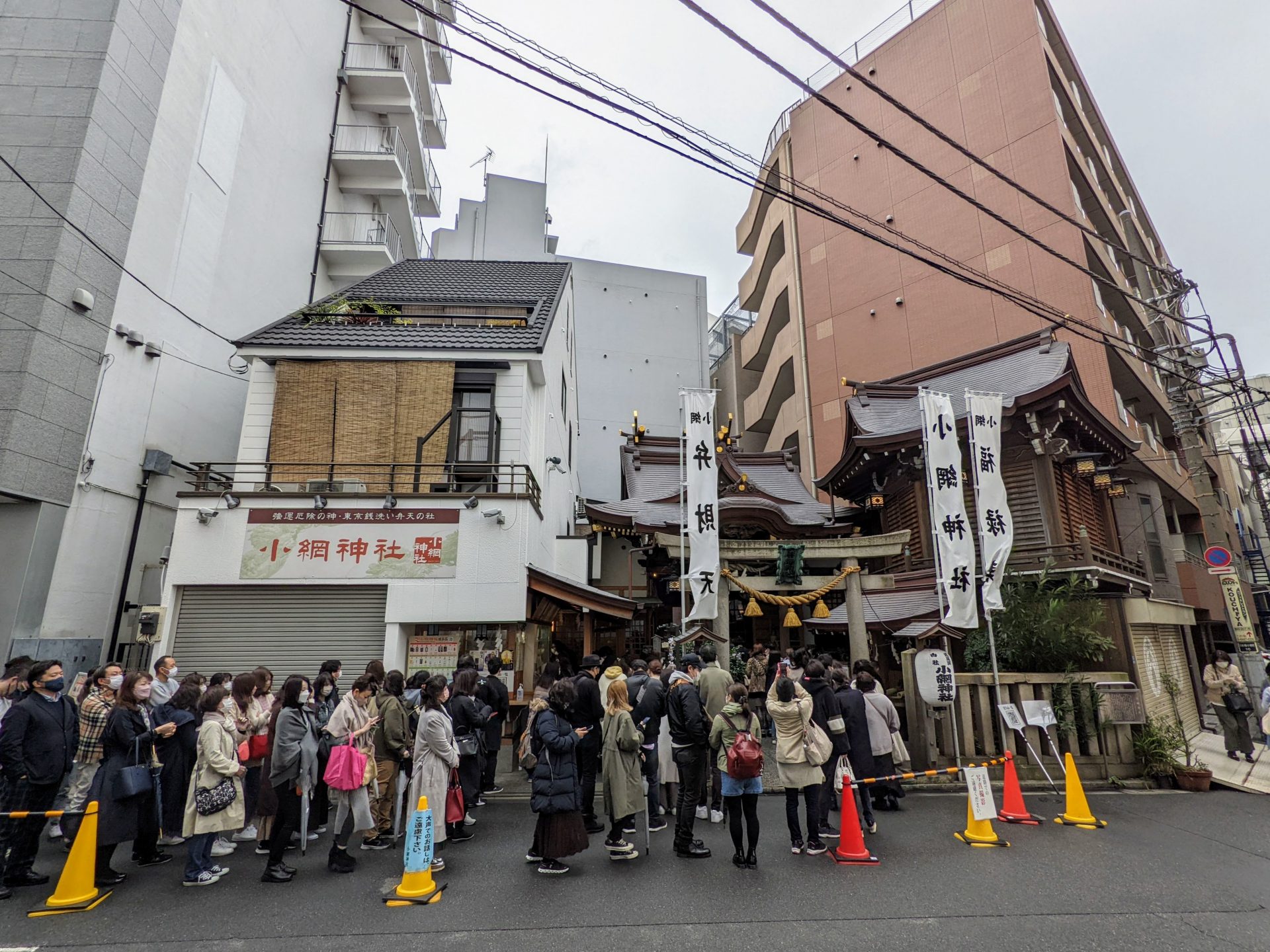
Comment List